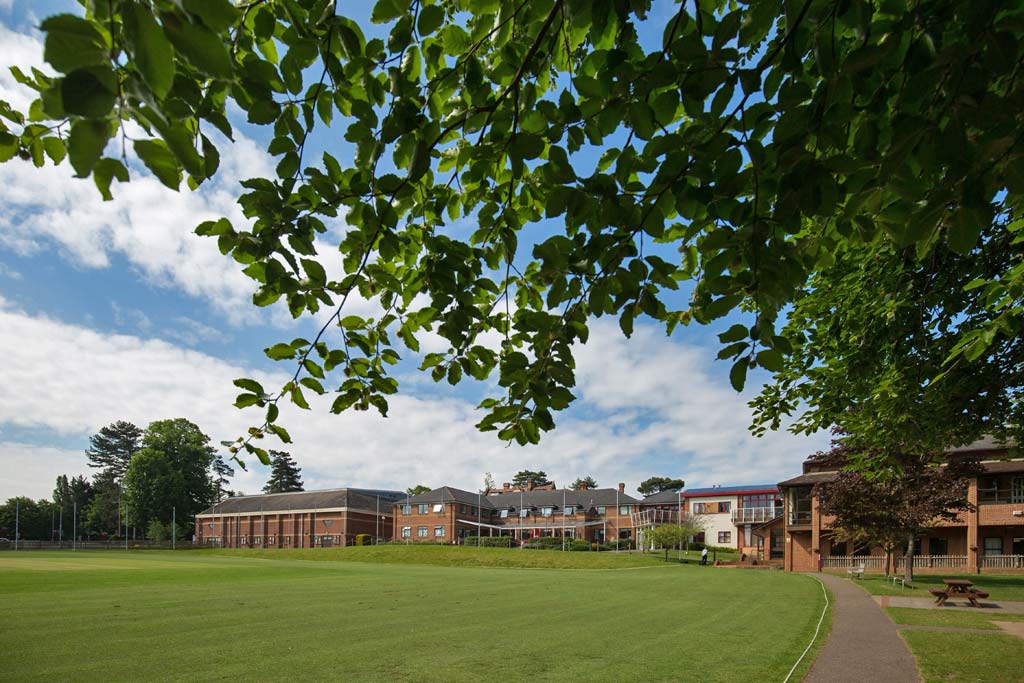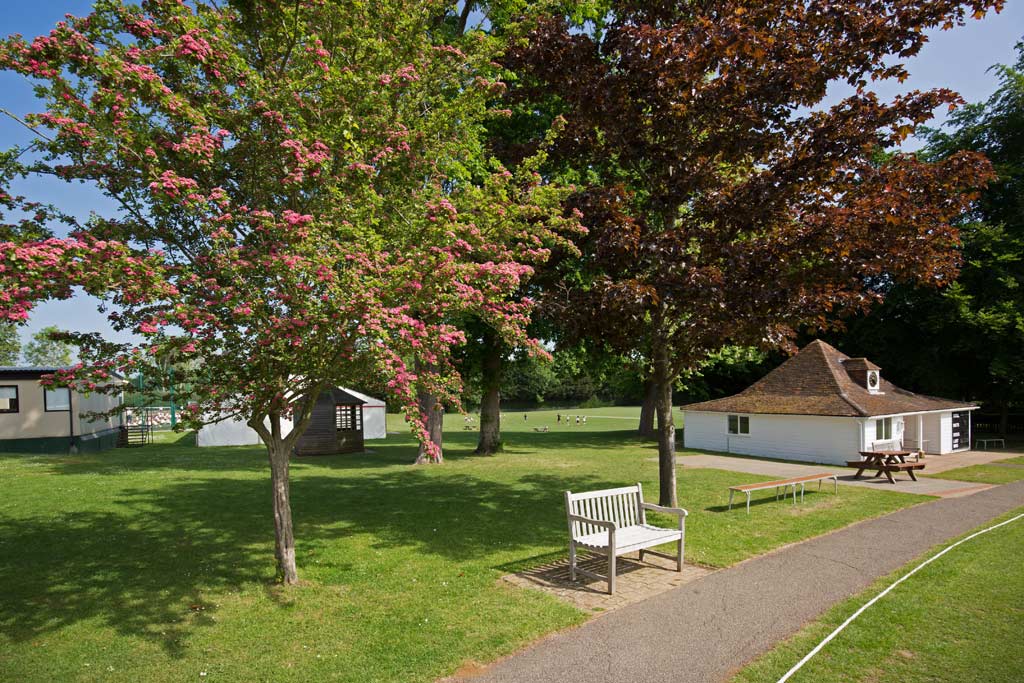Choosing Subjects and Preparing for GCSEs
Nonetheless – particularly for those who don’t yet have a set career path planned or enjoy a range of subjects – choosing your options can be difficult. Here are some considerations for when choosing GCSE subjects.
Next steps: considerations for future study
An obvious consideration when choosing GCSE subjects is what you’d like to study in college or sixth form. Many A-level subjects don’t have specific GCSE-subject prerequisites. For example, you won’t always need to have studied psychology or business studies at GCSE level in order to study them in college. However, some subjects, such as science and maths, will require GCSE qualifications in these subjects in order to be taken at A-level. The plus side in this instance is that maths and science are compulsory subjects at GCSE level. The focus will therefore shift to your grades and how deeply you studied these subjects. For example, taking double or triple science and the Junior Maths Challenge.
If you aren’t sure of what you’d like to study beyond your GCSEs yet, it’s wise to choose a varied range of subjects in order to keep different routes and options open going forward. Having a range of core subjects with transferable skills (such as history and science) will give you more freedom when it comes to choosing A-level subjects. For example if you have a few ideas as to subjects you might like to study at A Level, check the requirements for doing so and don’t drop any GCSEs you’ll need if you do decide to go for those. Additionally, universities may take GCSE subjects and grades into account when considering applications, so if you have even a rough idea of what you’d like to study at degree level, it’s worth bearing that in mind when selecting your GCSE subjects.
Career considerations
Your career is likely to begin following higher and/or further education, and while it may feel premature thinking about it now, different GCSE subjects lend themselves towards different careers. The subjects you take at GCSE level may even inspire you to take a particular career route:
- Subjects such as English and History help to develop research and writing skills, which lend themselves towards careers in law, journalism, marketing, and publishing.
- Subjects like maths and science promote analytical and problem-solving skills, which lend themselves towards careers in engineering, medicine, finance and almost any career paths!
- Art and design-based subjects lend themselves towards more creative careers, such as photography, graphic design, and advertising.
- Taking a language at GCSE level lend themselves towards careers in translation, communication, and international business. Read out post on the benefits of learning a language to find out more.
Of course, the GCSE subjects you take won’t define your entire career, but it’s a good idea to bear your future in mind. The right GCSE subjects can form the foundations and path towards your future dream job.
General considerations
Pupils often wonder whether they should choose subjects they enjoy or subjects they’re good at. And there’s often an overlap; enjoying a subject will mean you’ll engage more with the content, and being good at a subject makes it more enjoyable. In terms of you decision, we believe both should be taken into consideration. Choosing a GCSE subject is a big commitment – you’ll be studying the subject for several hours per week, so it’s a good idea to choose subjects you enjoy. That being said, it’s also worth studying some ‘traditional’ school subjects. They offer valuable transferable skills which will give you more options at later stages in education. In addition, taking your grades into consideration, it’s also wise to choose subjects you’re good at.
It’s a good idea to speak to as many people as possible about your GCSE options. Just remember that the final decision lies with you, so what you think and feel is important but guidance and advice from people with experience in areas you don’t yet have is so valuable.
Speak to your peers, siblings, parents, teachers, and school career advisors; they’ll each give you a different perspective, and the more information you have, the better decisions you’ll make. Deciding on your GCSE subjects raises some important questions about the future which can feel stressful. Take your time, do your research and consider your options carefully.
Cranmore’s approach
Here at Cranmore, we pride ourselves on giving our students all the support and guidance they need during this pivotal time in their lives. The programme we offer at Cranmore provides a balanced and varied education. The subjects we teach include traditional and contemporary subjects which provide students with an excellent grounding from which to pursue further education. And the pastoral care and structure of our school day gives students the discipline, support, and confidence they require to succeed in later life.
Our Governors are pleased to announce that we are forming a partnership with our neighbouring school, St Teresa’s, to create a diamond model; the most contemporary education model available. Further information can be found → here.


